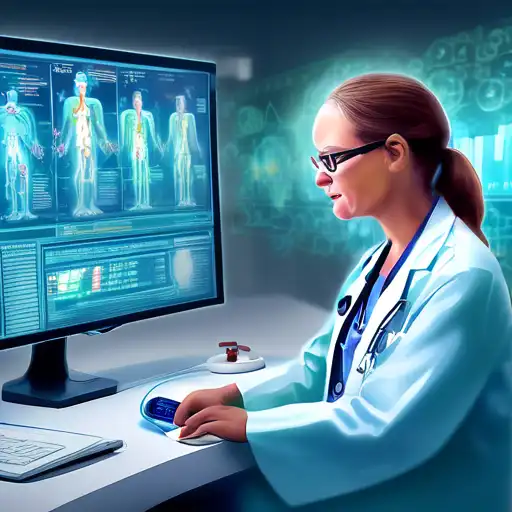The Power of Big Data in Transforming Healthcare
In the digital age, big data has emerged as a cornerstone in revolutionizing industries, with healthcare standing at the forefront of this transformation. By leveraging vast amounts of data, healthcare providers can now offer personalized care, predict outbreaks, and improve patient outcomes like never before.
Understanding Big Data in Healthcare
Big data in healthcare refers to the massive health information collected from various sources including electronic health records (EHRs), wearable devices, and genomic sequencing. This data, when analyzed, provides insights that can lead to better decision-making and more efficient patient care.
Benefits of Big Data in Healthcare
- Personalized Patient Care: By analyzing patient data, healthcare providers can tailor treatments to individual needs, improving effectiveness and reducing side effects.
- Predictive Analytics: Big data enables the prediction of disease outbreaks and patient admissions, allowing for better resource allocation.
- Operational Efficiency: Hospitals and clinics can optimize their operations, reducing wait times and improving patient satisfaction.
- Enhanced Research: Researchers can use big data to identify trends, test hypotheses, and accelerate the development of new treatments.
Challenges and Solutions
Despite its potential, the integration of big data in healthcare comes with challenges such as data privacy concerns and the need for skilled personnel. However, with robust cybersecurity measures and ongoing training, these obstacles can be overcome.
Future Prospects
The future of big data in healthcare is bright, with advancements in AI and machine learning further enhancing its capabilities. As technology evolves, so too will the ways in which we can improve patient outcomes through data.
For more insights on how technology is shaping healthcare, explore our articles on health technology and data analytics.
Conclusion
Big data holds the key to unlocking unprecedented improvements in healthcare. By embracing this technology, healthcare providers can ensure better patient outcomes, operational efficiencies, and a healthier future for all.
